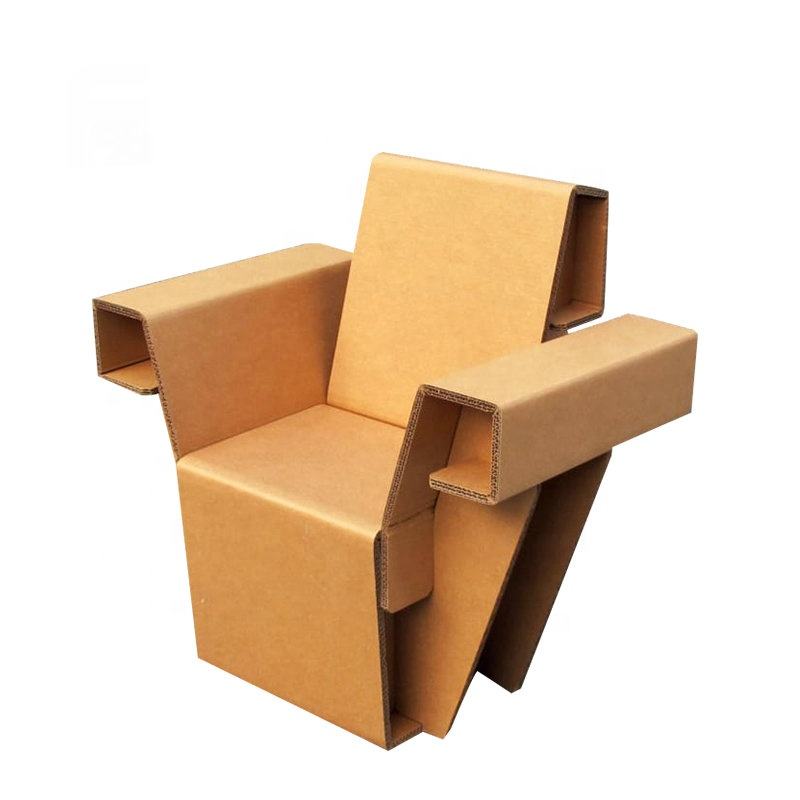Importance of Sample Boxes in Packaging
The role of sample boxes in the packaging industry is often underestimated, yet it remains a critical component of the production process. Before undertaking bulk production, manufacturers provide sample boxes to ensure that the final product aligns with the client's expectations. This practice is essential not only for quality assurance but also for minimizing the risk of costly errors in mass production. Particularly in industries such as cosmetics and electronics, where the packaging design plays a pivotal role in brand perception, samples are indispensable.
Types of Sample Boxes Offered by Manufacturers
Conventional Sample Boxes
Conventional sample boxes are pre-existing designs that a manufacturer has used for clients in similar markets. This type of sample allows companies to see proven design strategies that have been successful within their industry.
Standard White Sample Boxes
Standard white sample boxes are unadorned and typically used to evaluate the material and structural integrity of the packaging. These samples are relatively easy to produce and provide a blank canvas to assess the basic quality of the box.
Custom Sample Boxes
Custom sample boxes are tailored to the client's specifications, incorporating unique design elements, materials, and printing options. These can be further divided into 3-D digital models and production-grade samples, offering a tangible preview of the final packaging.
Benefits of Receiving Samples Before Bulk Production
Receiving samples before committing to bulk production offers numerous advantages. First and foremost, it ensures alignment with the client's branding and design preferences. It also allows for early detection of potential flaws, reducing the risk of encountering issues after mass production has begun. Additionally, samples serve as a cost-control measure by preventing the waste associated with incorrect or unsatisfactory packaging designs.
How Samples Assist in Design Strategy
Visualizing Design Concepts
Samples allow brands to visualize how their concepts will translate into the physical product. This visualization is crucial for ensuring that the box not only looks good but also functions as intended. It provides a physical representation that can be assessed by the design team, stakeholders, and focus groups.
Criteria for Effective Design
An effective design should be attractive, functional, and protective. A sample helps verify these criteria by testing the durability, fit, and overall aesthetics of the packaging.
Role of Samples in Verifying Print Quality
The transition from digital design to physical print can sometimes lead to discrepancies, particularly in color reproduction and image clarity. Sample boxes enable manufacturers and clients to verify print quality, ensuring that the colors and designs are accurately represented. This step is especially important when dealing with complex graphics or brand-specific colors.
Gathering Customer Feedback Through Samples
Samples provide an excellent opportunity for companies to gather feedback before launching a product. By distributing sample boxes to focus groups or key stakeholders, manufacturers can obtain valuable insights into customer preferences and potential improvements. This feedback can shape final design adjustments, improving the likelihood of market success.
Customization Options Available in Sample Boxes
Material Choices
Manufacturers offer a variety of material choices for sample boxes, ranging from traditional cardboard to eco-friendly options. Clients can choose materials that align with their sustainability goals or brand aesthetics.
Design and Printing
Custom printing options allow brands to experiment with different graphics, colors, and finishes. Manufacturers often provide digital mockups or small-batch production samples to showcase the final printed appearance.
Technical Considerations in Sample Box Production
Producing sample boxes involves technical considerations such as die-cutting precision, material strength, and assembly methods. Box manufacturers must ensure that these technical aspects are replicated accurately in the sample to provide a true representation of the final product.
Choosing the Right Manufacturer for Sampling
Selecting the right manufacturer is crucial for obtaining high-quality samples. When evaluating potential partners, businesses should consider the manufacturer's expertise, technology, and the range of services offered. Leading manufacturers in regions like China provide comprehensive sampling services and are renowned for their competitive pricing and advanced production capabilities. Wholesale options and established manufacturing practices make them an attractive choice for businesses worldwide.
Conclusion: Long-Term Benefits of Sampling
The practice of providing samples before bulk production offers long-term benefits, including improved product quality, enhanced brand reputation, and reduced financial risk. Companies that prioritize sampling can optimize their packaging designs, ensuring that they meet both functional and aesthetic requirements. By partnering with a reliable manufacturer, businesses can streamline their production processes, leveraging samples as a critical tool in their product development strategy.
HAIRI PACKAGE Provide Solutions
HAIRI PACKAGE, a leading manufacturer in China, offers comprehensive sampling solutions to meet diverse packaging needs. Their commitment to quality and innovation ensures that clients receive accurate and effective samples before moving to bulk production. By leveraging advanced technology and expert craftsmanship, HAIRI PACKAGE assists businesses in refining their designs and achieving optimal packaging outcomes. With their support, companies can confidently proceed to mass production, knowing they have a reliable partner by their side.
User hot search: Cardboard Box
Post time: 2025-08-01 15:25:05


